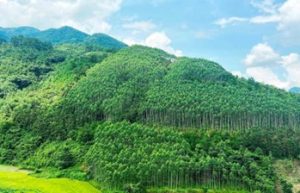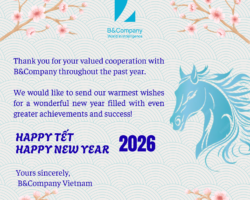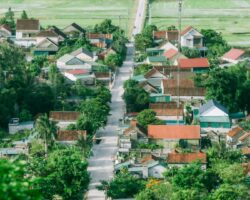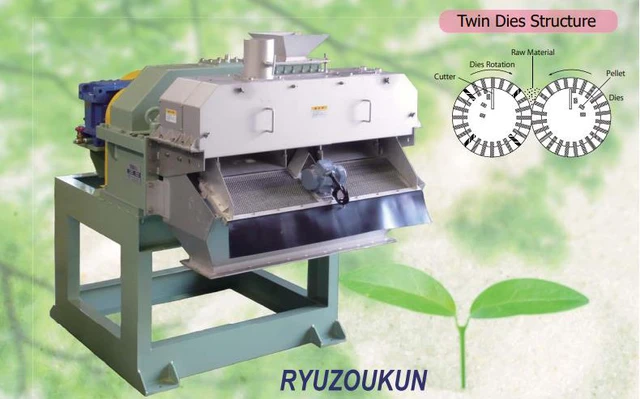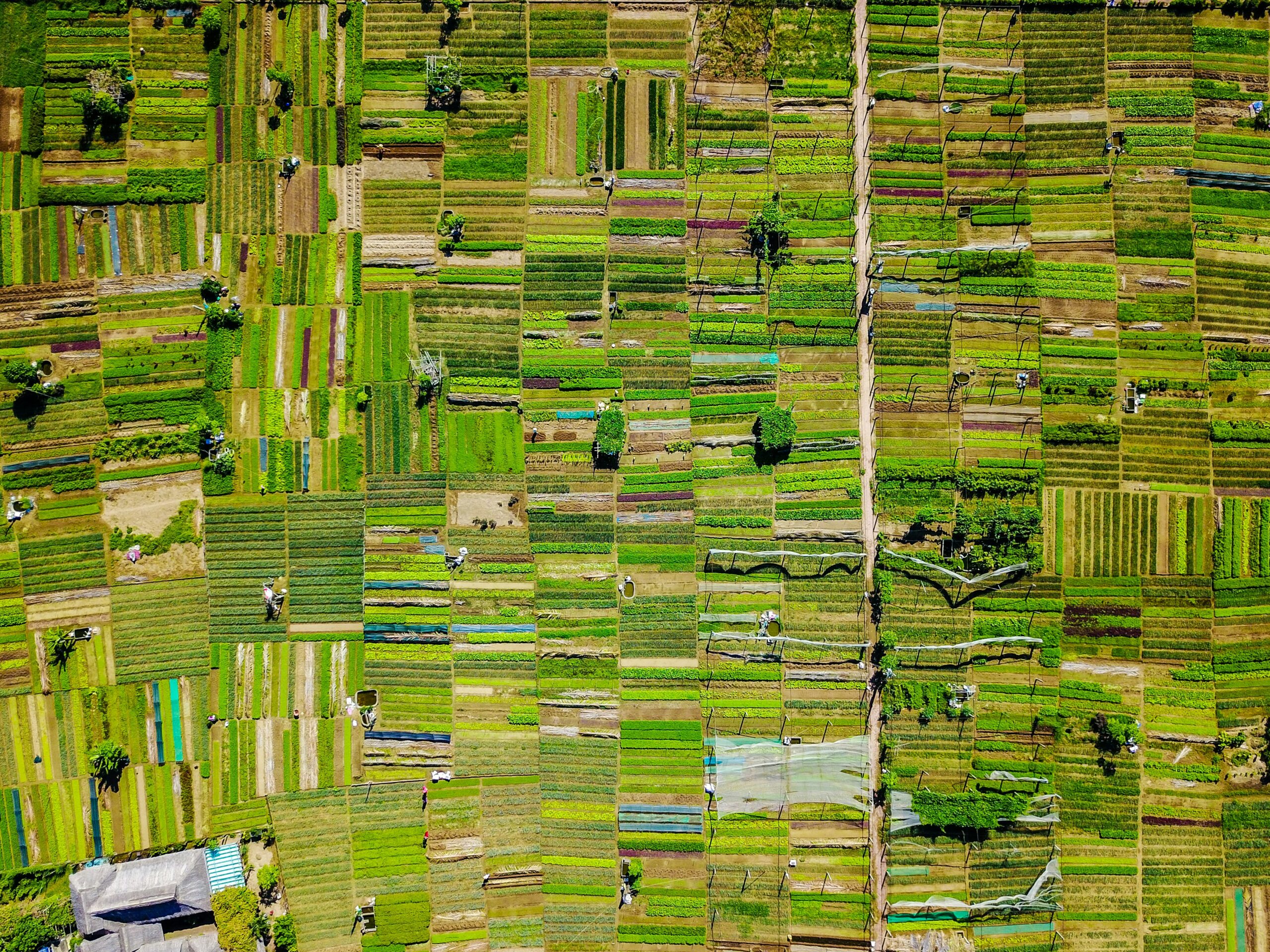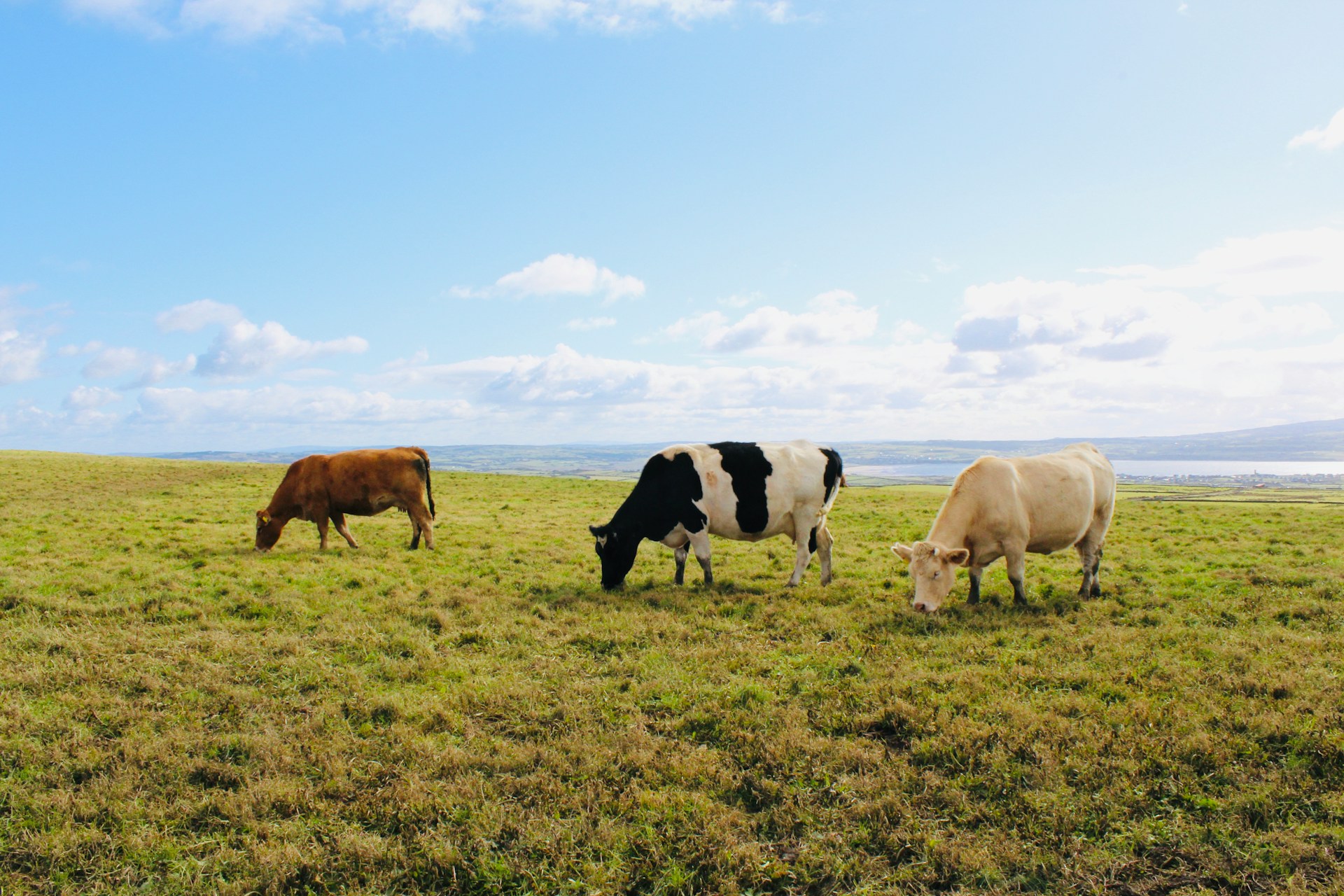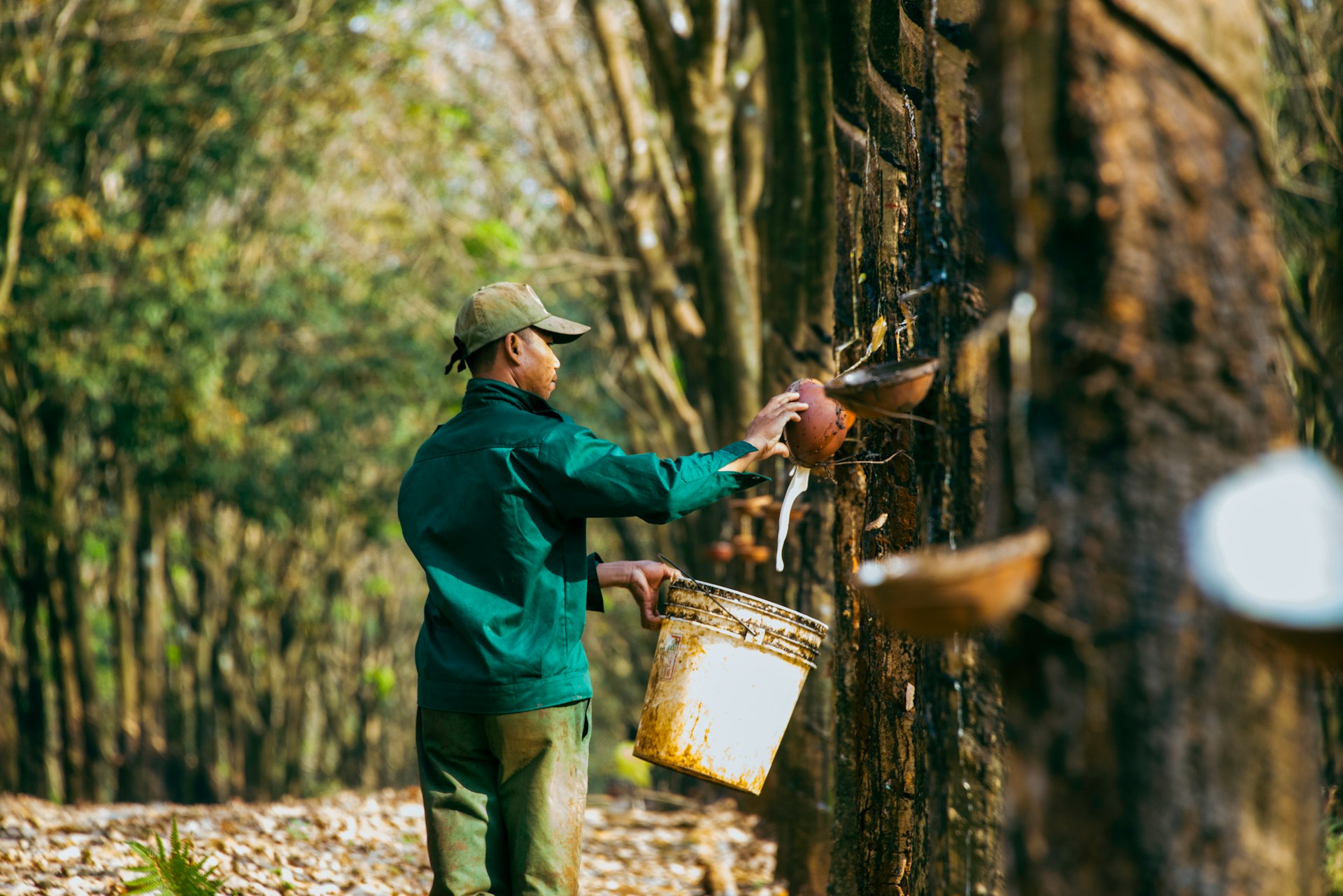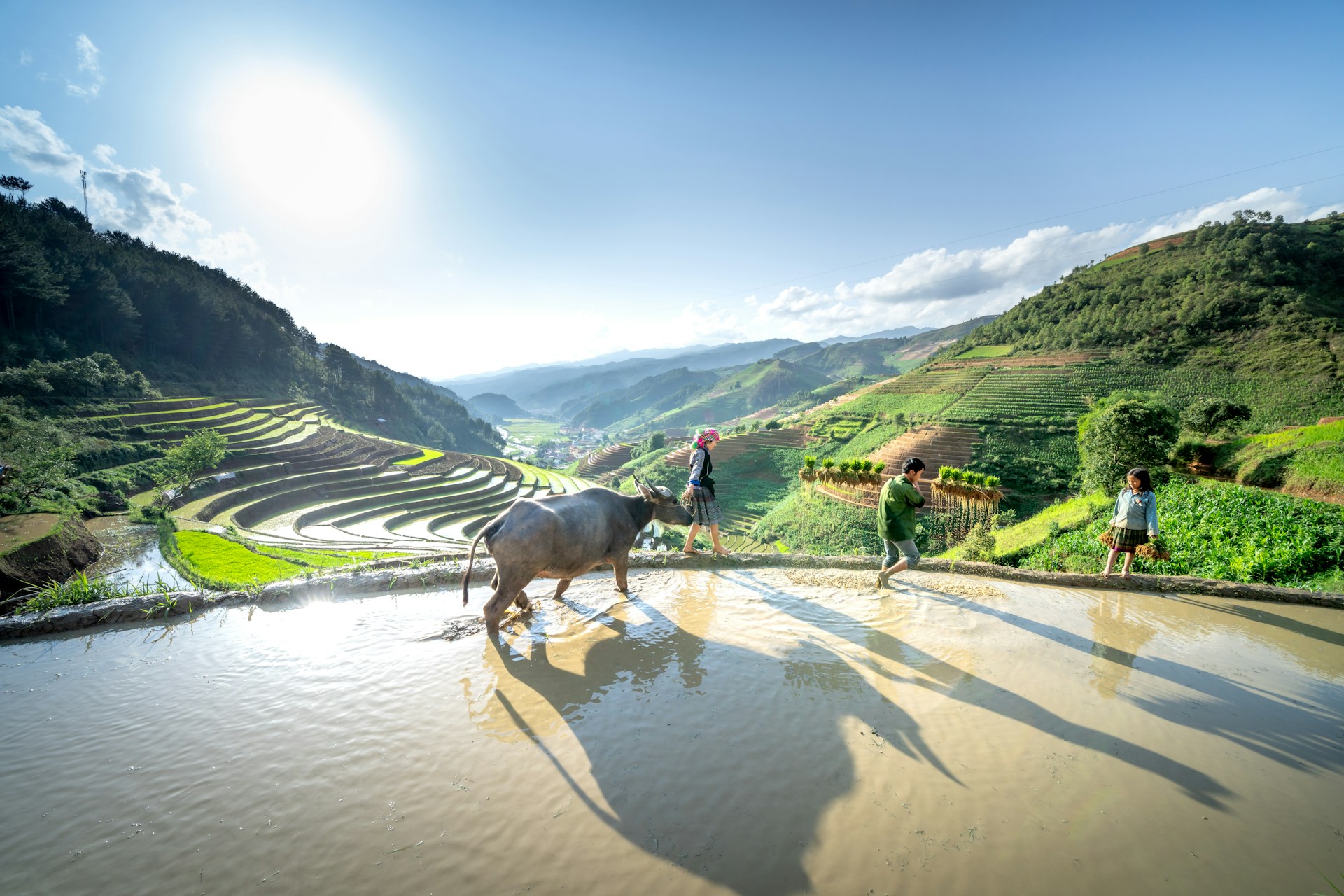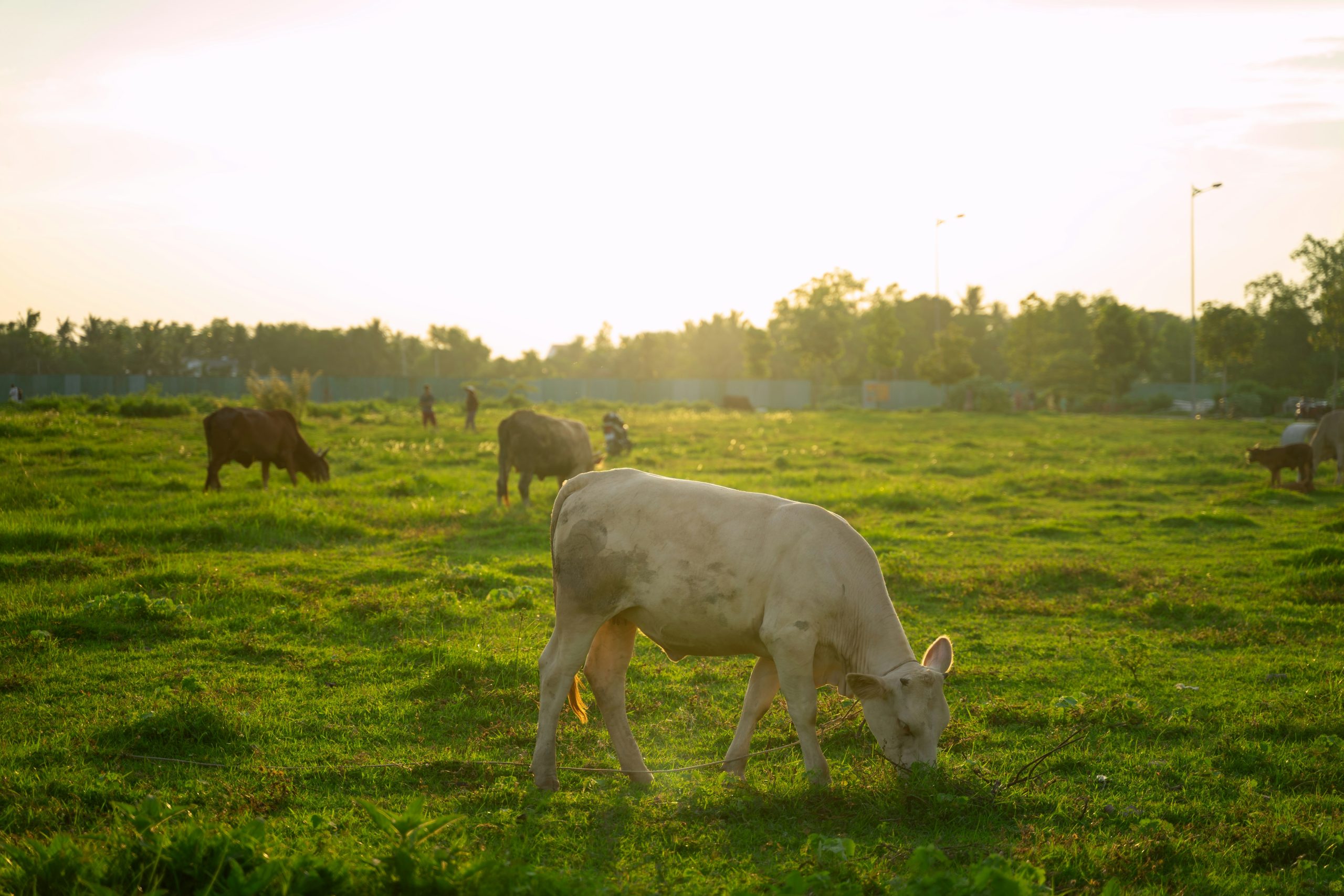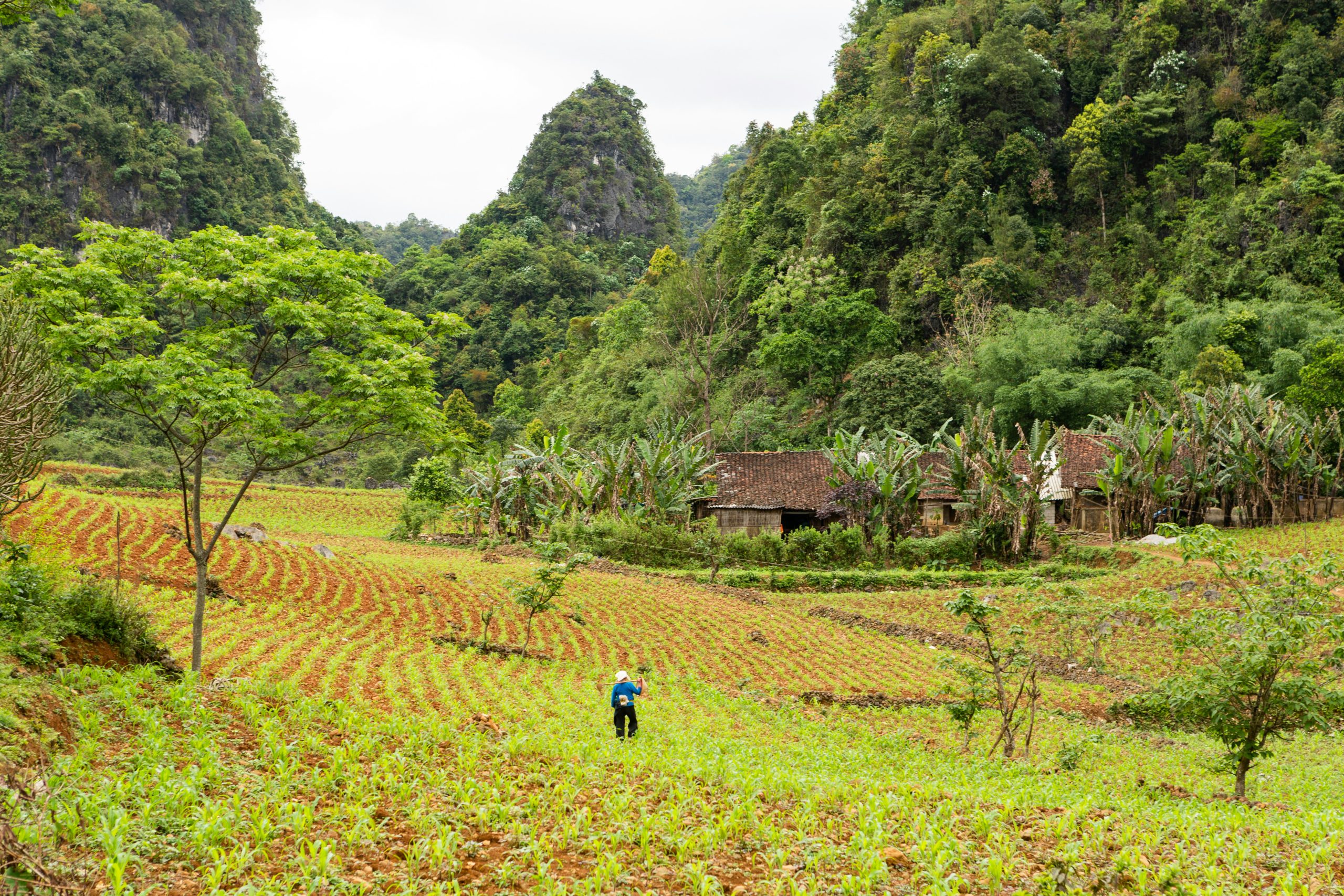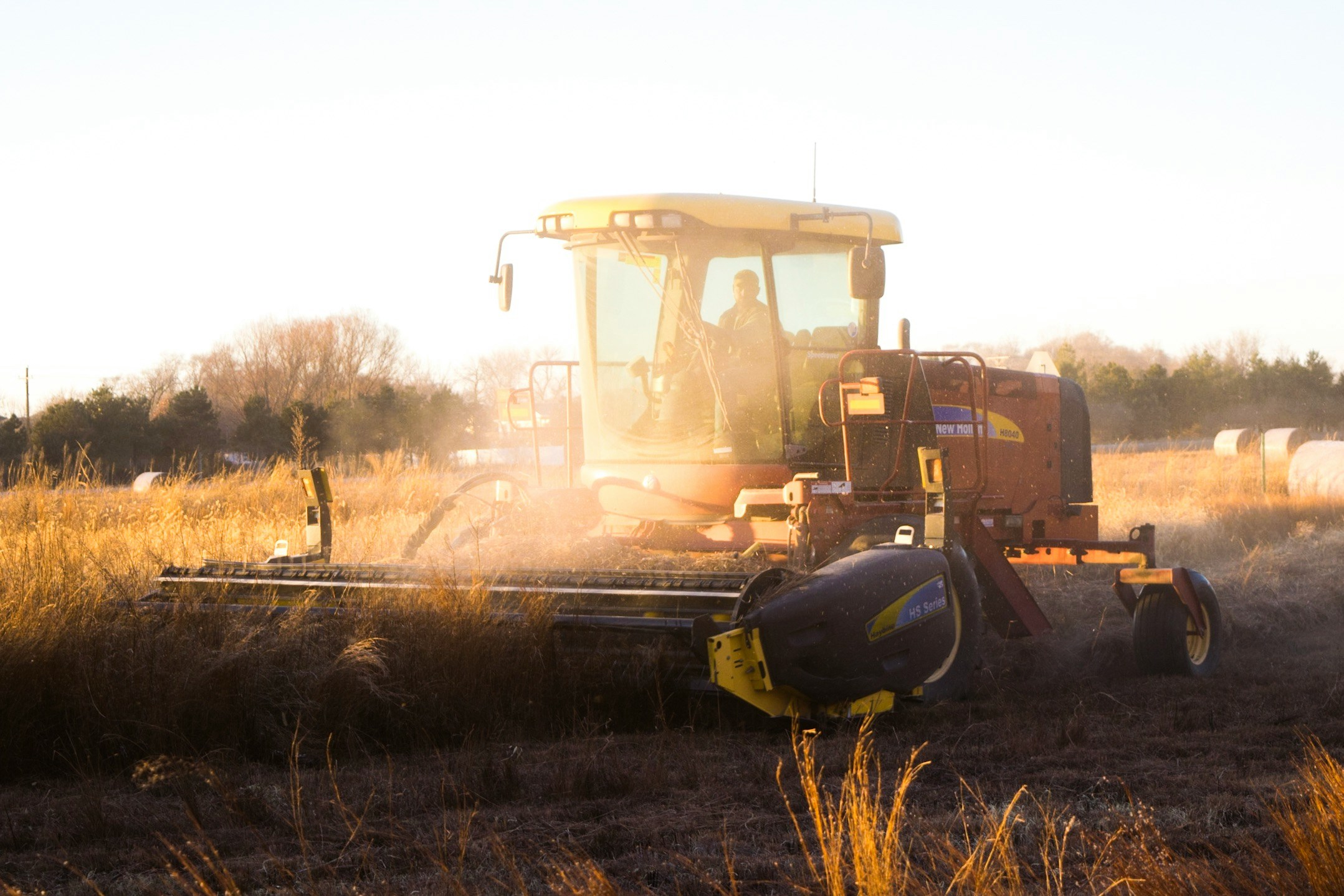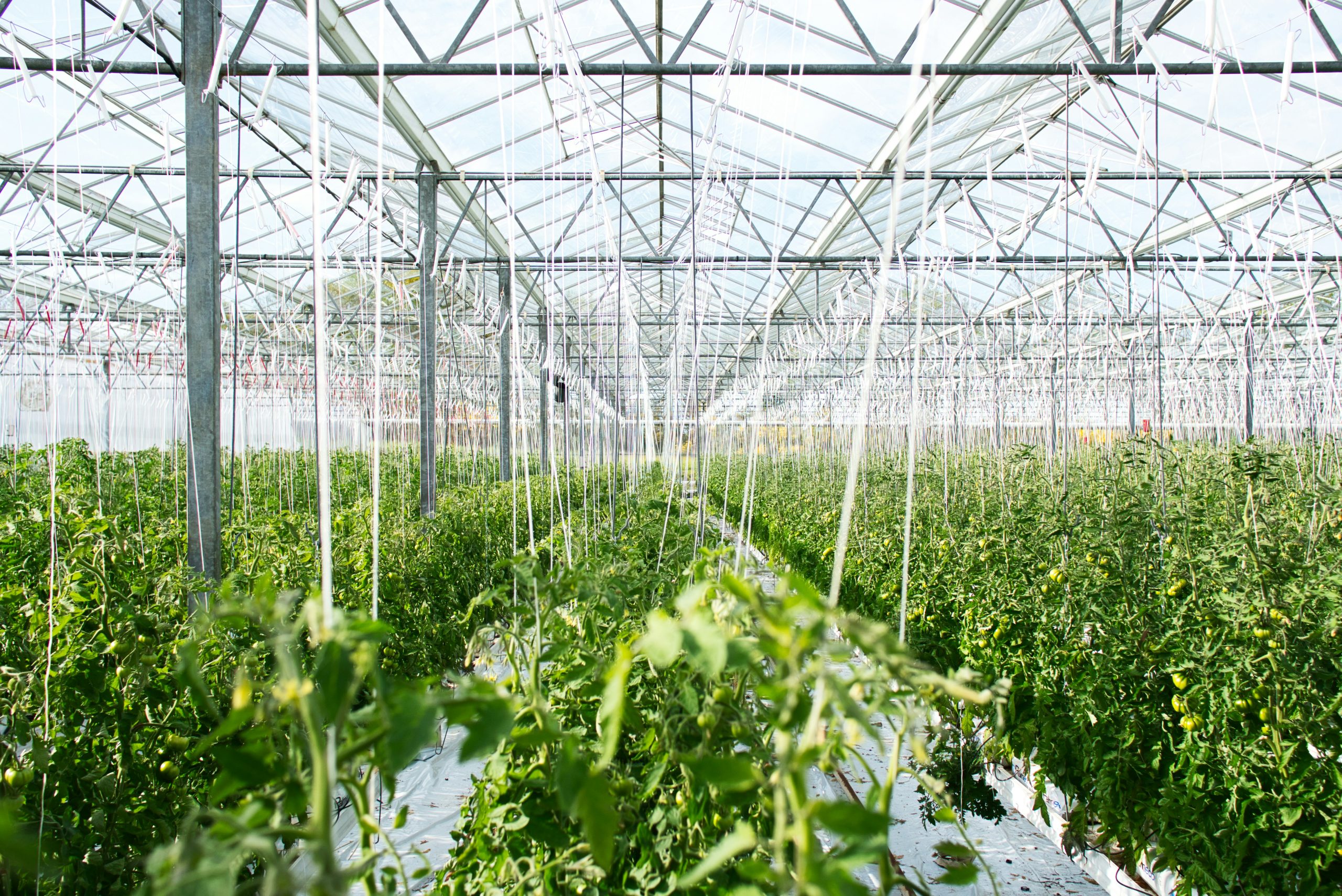Introduction
Vietnam is ramping up its initiatives to establish a flourishing market for forest carbon credits, demonstrating its dedication to curbing greenhouse gas emissions and fostering sustainable forest management techniques. Through this article, B&Company examines the current state of the carbon credit market in Vietnam, identifies key players and international collaborations, and assesses the challenges and opportunities for Vietnam’s forest carbon credit business.
Current State of Forest Carbon Credits in Vietnam
Vietnam is accelerating its efforts to develop a thriving forest carbon credit market as part of its commitment to reducing greenhouse gas emissions and promoting sustainable forestry practices. Forest carbon credits are generated from projects that aim to reduce greenhouse gas emissions through various activities, such as reducing deforestation, enhancing reforestation, and improving forest management. With Vietnam’s extensive forest coverage, estimated at 14.79 million hectares as of December 31, 2022, the country has significant potential to become a major player in the global carbon credit market[1].
Forest in Vietnam. Source: Vneconomy
Currently, Vietnam does not have a mandatory market for carbon credits, so the transfer of emission reductions is carried out through bilateral negotiated agreements between relevant parties in the voluntary market. Some notable efforts include the North Central Region ERPA Agreement, signed on October 22, 2020, between the Ministry of Agriculture and Rural Development (MARD) and the World Bank[2]. In 2023, Vietnam completed an agreement to transfer 10.3 million tons of CO2 in the North Central region for the period 2018-2024, at a price of $5 per ton of carbon. There is also the South Central Coast and Central Highlands ERPA agreement signed in 2021, in which Vietnam transfers to LEAF/Emergent 5.15 million tons of carbon emission reductions from forests in the South Central and Central Highlands regions during the period 2022-2026, at a minimum price of $10/ton of carbon.
Players and Foreign Cooperation
Several domestic and international organizations are actively involved in developing forest carbon credit projects in Vietnam. The Vietnam Forest Protection and Development Fund (VNFF) plays a key role in mobilizing resources and coordinating efforts to promote sustainable forest management and carbon sequestration. International organizations like the World Bank, the United Nations REDD+ program, and the Japan International Cooperation Agency (JICA) are supporting Vietnam in developing its forest carbon credit market by providing technical assistance, capacity building, and funding for pilot projects and research.
Among foreign cooperation, Japanese collaboration has been particularly noteworthy in Vietnam’s forest carbon credit sector. JICA has been working with Vietnamese partners to develop a national REDD+ action plan – a national program for reducing greenhouse gas emissions by limiting forest loss and degradation, conserving and enhancing carbon stocks, sustainably managing forest resources and supporting the implementation of forest carbon projects, with a focus on accelerating forest management and restoration measures, to reduce carbon emissions.
Working session between JICA and the Ministry of Agriculture and Rural Development on REDD+ (26/2/2024). Source: Doanhnghiepkinhtexanh
Outlook for the Future
Vietnam’s commitment to sustainable forest management, coupled with its diverse forest ecosystems and strong international partnerships, the forest carbon market is expected to grow significantly in the future, thereby providing potential opportunities for carbon credit business. It is estimated that 57 million carbon credits could be sold to international organizations, potentially generating hundreds of millions of USD annually (at $5/credit)[3].
In addition, Vietnam has also issued guidelines for reducing greenhouse gas emissions and a roadmap for deploying the carbon credit market. For instance, Decree 06/2022/ND-CP, defines the roadmap for developing and deploying the domestic carbon market. From now until the end of 2027, the focus will be on building regulations on carbon credit management, setting up a carbon credit trading exchange, piloting carbon credit exchange and offset mechanisms, and capacity building. From 2028 onwards, the carbon credit trading exchange will officially operate, and regulations will be established for connecting and exchanging domestic carbon credits with regional and global markets. At the same time, to prepare for the carbon market, the Decree also stipulates that during the period 2026-2030, large emission facilities must carry out greenhouse gas inventories, develop and implement plans to mitigate GHG according to the allocated quotas and be allowed to exchange and trade GHG emission quotas and carbon credits.
In conclusion, by leveraging opportunities, Vietnam can create a thriving forest carbon credit business that delivers both environmental and economic benefits for years to come.
References
[1] https://www.gso.gov.vn/tin-tuc-thong-ke/2024/04/day-nhanh-tien-do-trong-rung-phat-trien-tin-chi-carbon-rung-va-dat-muc-tieu-trong-mot-ty-cay-xanh-giai-doan-2021-2025-o-cac-dia-phuong/
[2] acting as a trustee of the Forest Carbon Partnership Facility (FCPF)
[3] https://moitruong.net.vn/xay-dung-tin-chi-carbon-rung-o-viet-nam-58449.html
| B&Company, Inc.
The first Japanese company specializing in market research in Vietnam since 2008. We provide a wide range of services including industry reports, industry interviews, consumer surveys, business matching. Additionally, we have recently developed a database of over 900,000 companies in Vietnam, which can be used to search for partners and analyze the market. Please do not hesitate to contact us if you have any queries. info@b-company.jp + (84) 28 3910 3913 |
Read other articles

